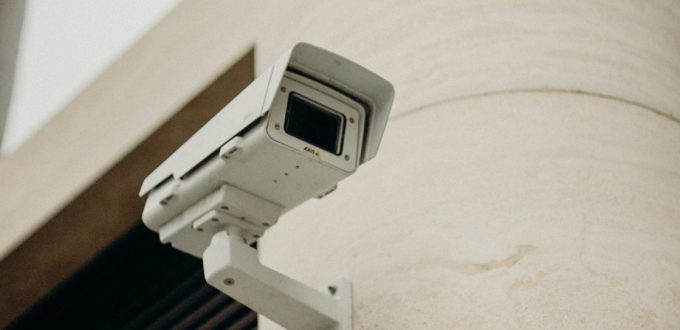In last few years, the use of CCTV cameras has increased tremendously. It is quite common to spot these cameras in the public places for surveillance and monitoring purpose. Public authorities rely heavily on these systems to monitor any suspicious activities and combat crimes.
CCTV has gradually found a place in residential properties as well. With domestic burglaries on the rise, people have begun to install CCTV systems in their homes, which have a significant impact on home security.
Without a doubt, CCTV is one of the most effective burglar deterrents. But do you know it comes with additional responsibilities if you are setting it up on a residential property? Especially if your camera is recording footage outside your premises like your next-door neighbor’s garden.
If you have a CCTV system in your home, you must follow certain laws. These are typically the UK data protection laws, GDPR and DPA, as regulated by the ICO. This is in accordance with other people’s privacy, which should be respected.
Key things to consider if you are using a CCTV at a domestic property
If you have a CCTV system at your home, make sure it is not invading other people’s privacy. It should only service the main purpose of deterring intruders who might trespass on your property.
The following are some key aspects that you should take care of when using a CCTV at a residential property.
- Before deciding on a CCTV system, make sure you have thoroughly researched all of your options. Always consider other options and validate the best security options that meet your needs.
- Identify the key areas in your property where you would like to install the cameras.
- Make sure you have positioned the cameras in such a way that it does not invade your neighbour’s privacy.
- Avoid using the audio recording facility as it can interfere with other people’s privacy. But if you are using it then make sure you delete it once it serves its purpose.
- Most importantly, you should always consult a professional CCTV installer. A professional installer can assess your needs and help you find the the best system, as well as ensuring proper installation and maintenance.
What measures should be taken to avoid violation of the law

The data protection laws don’t apply to you if your CCTV is not recording footage beyond your private property. But don’t worry if you camera is capturing footage outside your premises. It doesn’t mean that you have broken the laws. But because you possess private data that belong to other people. Therefore that puts you in a position wherein you are required to responsibly handle the data that doesn’t breach anyone’s privacy.
Some important things to remember.
- You are the sole owner of all information stored in your system. Because you own the data, you must ensure that it is not being misused. For example, you cannot share these recordings online or with anyone else.
- Always be informed about the data protection rights of other people. As per the GPDR law, an individual has certain rights concerning their data possessed by the other party. So, if you receive a request from people to access or delete their data, make sure you are doing the needful until you have a legal reason not to fulfil their request.
- You should be aware of your data protection rights and responsibilities. According to the GPDR law, an individual has rights in relation to their data that is held by the other party. So, if you receive a request from someone to access or delete their data, make sure you comply with their request until you have a legal reason not to.
- It is always preferable to post a sign outside your property indicating that the property is under surveillance. You can also speak to your neighbours before you install it. This will also give you an idea if they have any concerns about the surveillance.
- Once you’ve reviewed the video, make sure to remove it from your surveillance system. It’s pointless to keep these recordings if they’re not going to be useful in the future. Some recordings can be extremely important during a police investigation. As a result, make sure you understand what information is critical and what is not.
What if I do not comply with these laws?
Every homeowner who has a CCTV system in their home should be aware of the relevant laws. If you fail to meet your obligations, you will face serious consequences. It may result in ICO enforcement, in which you may be fined or even dragged to court by the individual concerned for violating their privacy.
Conclusion
When you are looking to install a CCTV at your home (residential property), make sure you are aware of the legal guidelines. You can always refer to a professional CCTV installer who can guide you. These are professional installers who are familiar and can train you on how to handle it. They can also share other critical information related to CCTV like regular maintenance of the equipment after it is installed.
FHA is a home security installation company that focuses on assisting people in protecting what is important to them. FHA specialises in custom security solutions that are tailored to your needs.
If you are looking to install a CCTV and want additional information, you can contact us.


No Comments Yet